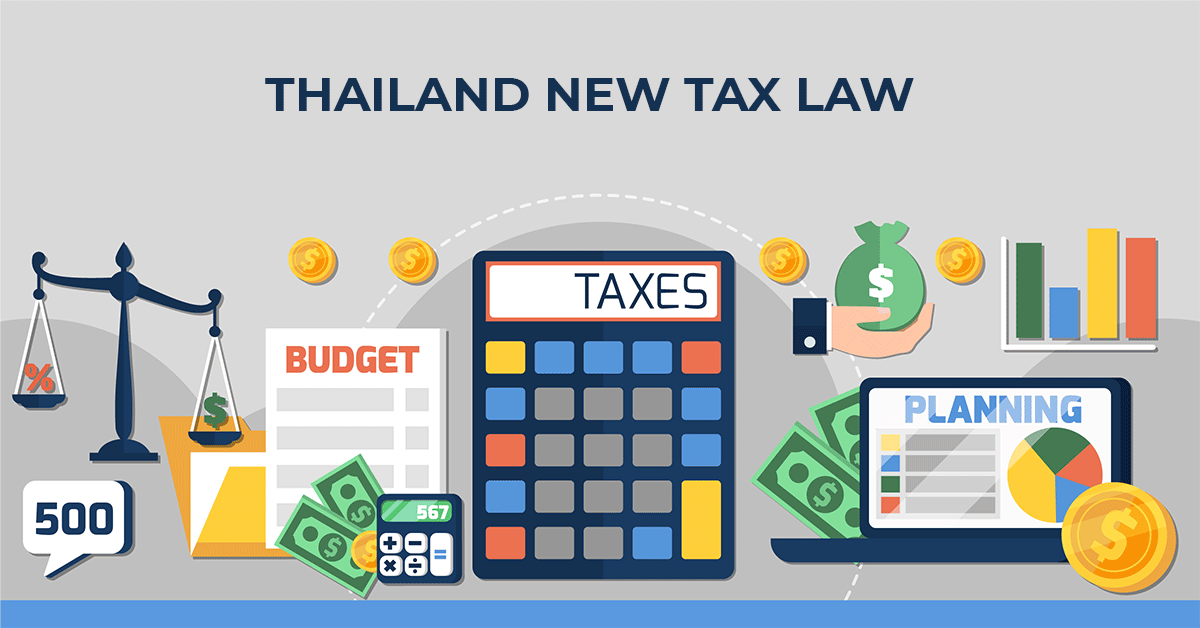Visa Status as a Special Tourist
Although the Thailand Elite visa is a privileged tourist visa, you are subject to pay income tax if you have a foreign-source income at the amount required for taxation. For example, a deposit of 1,000,000 THB into a bank account in Thailand may be considered as a foreign-source income required for taxation. The bank will submit a report to the Revenue Department at its request in monitoring any unusual financial activity.
Bringing Foreign Income to Thailand
When you bring foreign income (from work, business operation, or property) to Thailand at the amount deemed to be taxable, you are required to pay tax if you reside in Thailand for 180 days or more in a particular year.
However, there are circumstances in which you may be exempt from taxation or receive a tax credit for deducing taxes:
(1) You have paid tax from the country of origin where it has a double tax agreement (DTA) with Thailand.
(2) You can receive tax deductions if you invest in either a Super Saving Fund (SSF) or a Retirement Mutual Fund (RMF) with proof of such investment.
Depending on the terms and conditions of the DTA, if there is an article on granting a tax credit for deduction, you can use it to reduce your financial burden. In case your country of origin is not a party to the DTA with Thailand, you are susceptible to pay taxes in Thailand. In this case, it is crucial to keep a tax receipt and documents relating to foreign income and taxation in order to qualify for a tax exemption or tax deduction.
Multiple Entries: Track Your Residing Days of each Year
Due to the perk of the Thailand Elite Visa allowing holders to enter Thailand multiple times, you need to track your total number of residing days in Thailand. Otherwise, you may be subject to income tax if you live in Thailand for 180 days or more within a particular tax calendar year.
Requirements of Thailand Residency
The new tax law states that an individual who resides in Thailand for at least 180 days shall be considered as a Thai resident and be subject to pay income tax if the person receives incomes from Thailand or overseas. Regarding the counting period of residency, it will start from the day you receive an entry stamp at the immigration inside the airport during your arrival in Thailand from overseas.
Once you leave Thailand, the residency period will stop counting when the immigration officer stamps the departure seal upon departure from Thailand. When you return back to Thailand within the same year, the residing days will continue from what was left off. Fortunately, the residing days are reset annually, with that an individual residing in Thailand for less than 180 days is not subject to income tax of a particular tax calendar year (January to December of each year).
Contact us
Should you have any questions about the new Tax Law or need further information about Thailand Elite Visa, please fill out the form below. Our dedicated legal team will get back to you promptly to assist with your inquiry.
